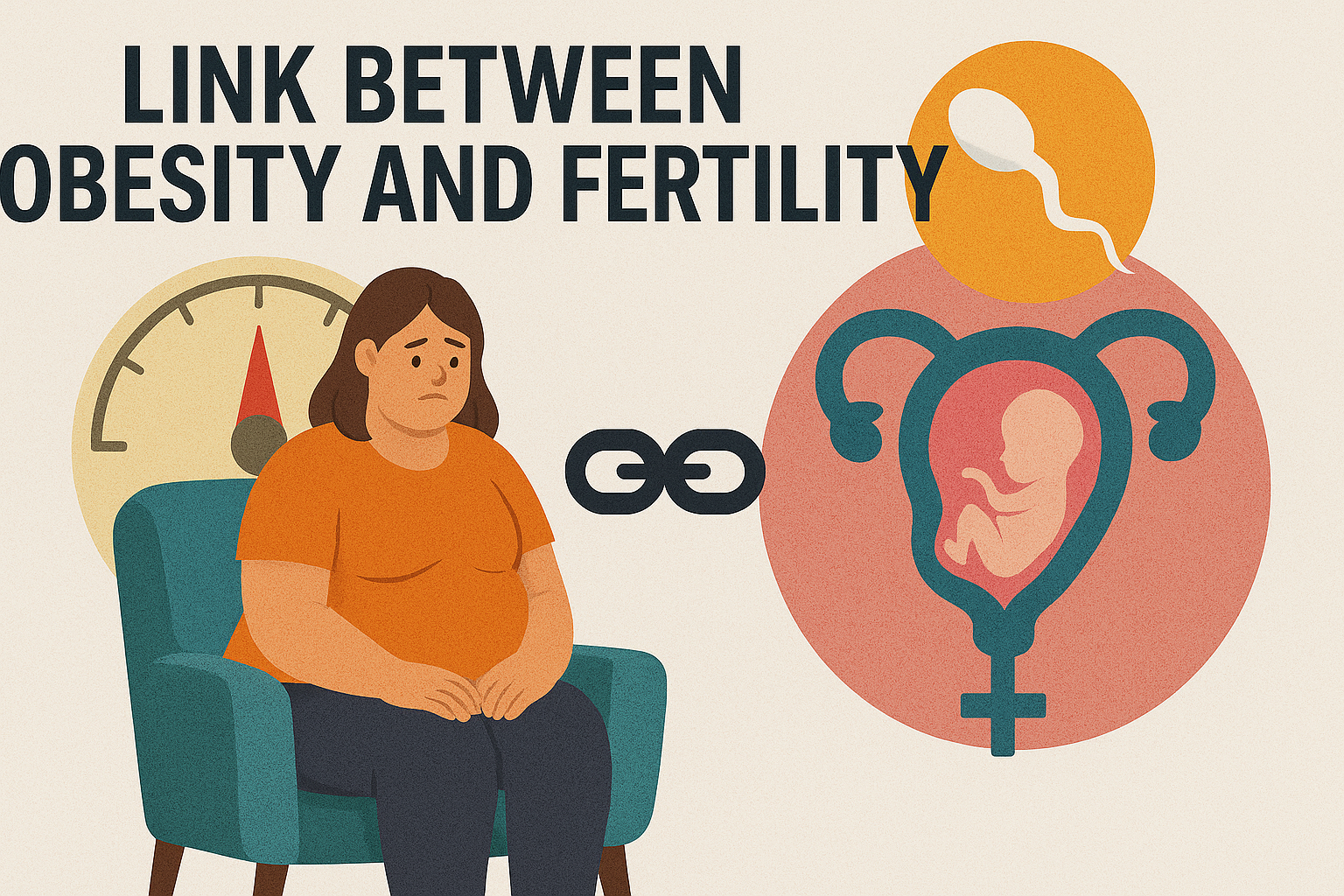We’ve long thought of obesity as a simple equation: calories in vs. calories out. But emerging science tells a deeper story—one that begins in your gut. At the center of this story? Probiotics.
These tiny, beneficial microbes may seem like an unlikely hero in the fight against obesity, but research increasingly shows that your gut microbiome—the trillions of bacteria living in your digestive tract—can influence everything from how you digest food to how your body stores fat.
What Are Probiotics?
Probiotics are live microorganisms that, when consumed in adequate amounts, offer health benefits—especially for your digestive system. They’re found in fermented foods like yogurt, kefir, kimchi, sauerkraut, miso, and in dietary supplements.
But they’re more than digestive aids. Probiotics help shape the gut microbiota, a complex community of microbes that plays a major role in your immune system, metabolism, and even mental health.
Gut Bacteria and Obesity: The Hidden Connection
Here’s where it gets fascinating: obese individuals tend to have a different composition of gut bacteria compared to lean individuals.
Studies have shown:
- A lower diversity of gut microbes is often seen in those with obesity.
- A higher ratio of Firmicutes to Bacteroidetes (two dominant types of bacteria) has been linked to increased calorie absorption and fat storage.
- Certain bacteria may influence appetite-regulating hormones, making you feel hungrier—or fuller.
Translation? The bacteria in your gut can influence how many calories you extract from food, how much fat you store, and how your brain responds to hunger signals.
How Probiotics May Help with Obesity
Probiotics don’t “burn fat” in the way diet pills claim. Instead, they support healthier weight management in subtle, interconnected ways:
1. Improve Gut Barrier Function
A healthy gut lining prevents “leaky gut,” a condition where toxins and inflammatory molecules escape into the bloodstream—potentially leading to insulin resistance and weight gain.
Probiotics help maintain a strong gut barrier, reducing inflammation.
2. Reduce Low-Grade Inflammation
Obesity is often linked to chronic, low-grade inflammation. Certain probiotics can help lower inflammatory markers in the gut and bloodstream, which may support healthier metabolism.
3. Regulate Fat Storage
Some strains, like Lactobacillus gasseri and Bifidobacterium breve, have shown promise in reducing visceral fat (the fat around internal organs) in human and animal studies.
4. Support Satiety Hormones
Probiotics may influence hormones like leptin (which tells your brain you’re full) and ghrelin (which stimulates appetite). Balanced gut bacteria can help normalize these signals, possibly curbing overeating.
5. Promote Better Digestion of Fiber
Good gut bacteria help break down prebiotic fibers, creating short-chain fatty acids (SCFAs) like butyrate—compounds linked to improved metabolic health and lower body fat.
What Foods Are Naturally Rich in Probiotics?
Incorporating probiotics doesn’t always require a supplement. Here are food-based sources:
- Yogurt with live cultures
- Kefir (a tangy fermented milk drink)
- Sauerkraut (unpasteurized)
- Kimchi (fermented Korean cabbage)
- Miso (fermented soybean paste)
- Tempeh (fermented soy product)
- Pickles (naturally fermented)
Pair these with prebiotics—fiber-rich foods that feed good bacteria (like bananas, oats, garlic, onions, and legumes)—for a more complete gut strategy.
What to Keep in Mind
Not all probiotics are the same. Their effects are strain-specific, and not every strain impacts weight or metabolism. Also, while early research is promising, probiotics aren’t a standalone solution for weight loss. They should be part of a broader strategy that includes:
- Balanced nutrition
- Physical activity
- Adequate sleep
- Stress management
And if you’re considering probiotic supplements, consult your doctor—especially if you have a health condition or weakened immunity.
Final Thought
Probiotics aren’t a magic bullet—but they might just be a missing piece in the complex obesity puzzle. Supporting your gut health could help rebalance metabolism, improve digestion, reduce inflammation, and foster better long-term weight regulation.
When it comes to health, trust your gut—literally.
Disclaimer: The information provided in this article is for educational and informational purposes only and is not intended as a substitute for professional medical advice, diagnosis, or treatment. Always consult with a qualified healthcare provider before making any changes to your diet, supplement regimen, or lifestyle—especially if you have a medical condition or are taking medication. The effects of probiotics can vary from person to person, and not all strains may benefit weight management.



